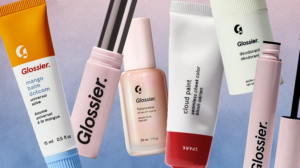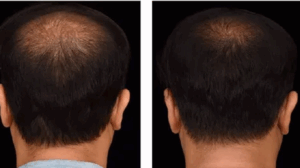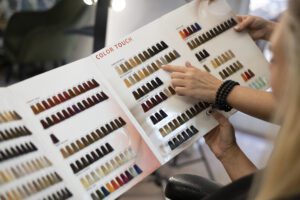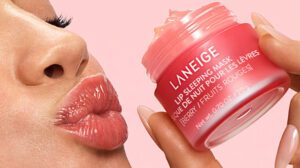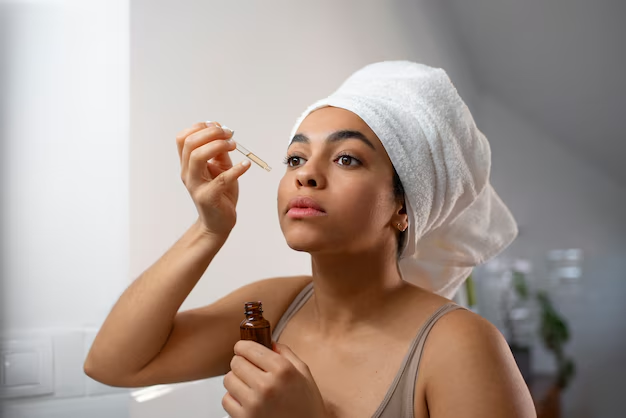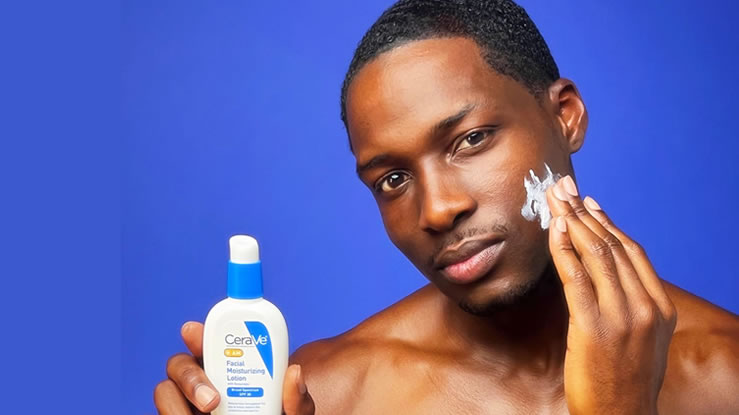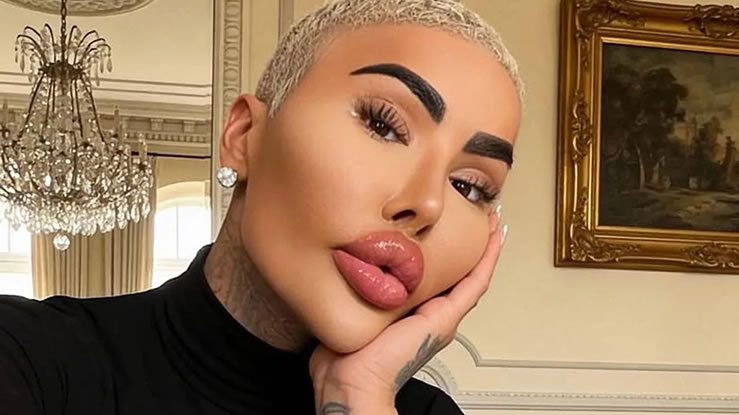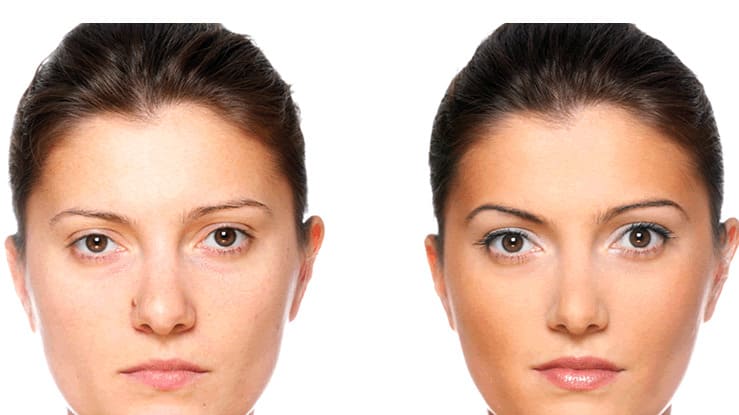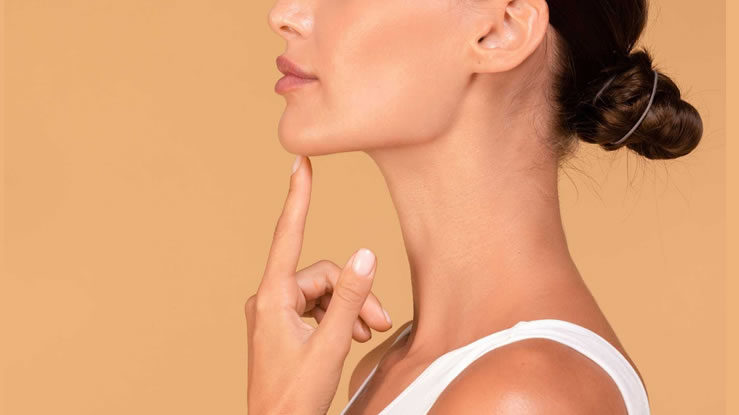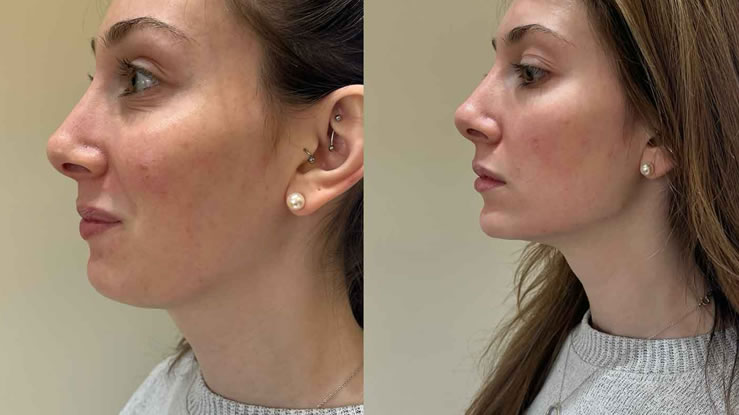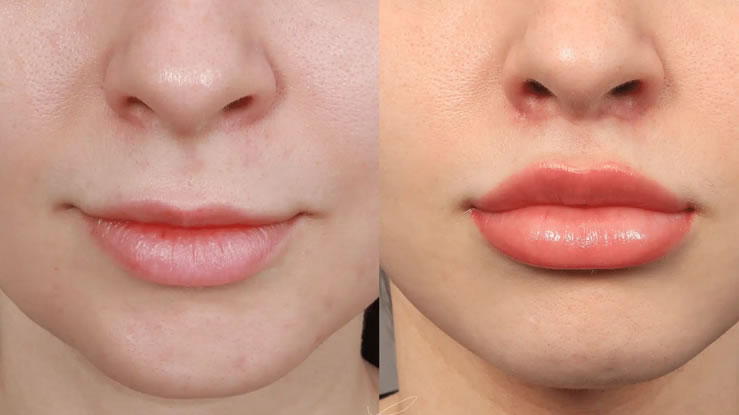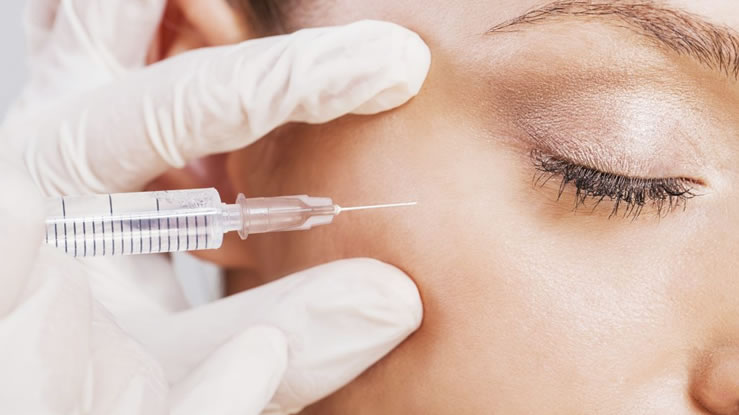Makeup is often seen as a form of self-expression, but in a school setting, some students choose not to wear it—or are encouraged to go makeup-free. Whether for personal, practical, or institutional reasons, avoiding makeup can have many benefits. Here’s a look at why going bare-faced in school is a valid and often empowering choice.
1. Promotes Self-Confidence
One of the most powerful reasons to avoid makeup in school is to cultivate self-confidence in one’s natural appearance.
- Building Self-Esteem: Young people are at a critical stage in developing their identity. Learning to embrace natural beauty can foster long-term self-acceptance.
- Avoiding Dependence: Wearing makeup daily may create a reliance on cosmetics to feel confident, which can be challenging to break later in life.
2. Saves Time and Effort
Mornings are often rushed, and applying makeup can take up precious time.
- Quicker Routines: Skipping makeup means more time for sleeping, eating breakfast, or preparing for the day ahead.
- Less Stress: Students can focus on their studies instead of worrying about touch-ups or smudged mascara.
3. Reduces Skin Issues
Makeup, especially when worn frequently, can sometimes lead to skin problems.
- Prevents Acne: Makeup can clog pores, causing breakouts and irritation.
- Supports Healthy Skin: Allowing skin to breathe during school hours promotes a clearer complexion.
4. Avoids Peer Pressure
In school, students are often exposed to social pressures to look or behave a certain way.
- Standing Up to Trends: Choosing not to wear makeup can be a statement of individuality, showing that beauty standards don’t define worth.
- Encouraging Others: One person’s decision to go makeup-free can inspire others to do the same, fostering a supportive and inclusive environment.
5. Aligns with School Policies
Some schools have rules or guidelines about makeup.
- Uniform Standards: Makeup may be considered inappropriate or distracting in schools that emphasize equality and focus on academics.
- Disciplinary Avoidance: Following these policies prevents potential conflicts with teachers or administration.
6. Focuses on Academics
Wearing makeup can sometimes become a distraction.
- Shifting Priorities: Avoiding makeup allows students to focus more on their studies and extracurricular activities.
- Less Comparisons: In a makeup-free environment, students are less likely to compare appearances, fostering a more inclusive culture.
7. Saves Money
Makeup can be expensive, and many students (or their families) may prefer to allocate funds elsewhere.
- Affordable Lifestyle: Skipping makeup reduces the need for constant purchases of cosmetics and skincare products.
- Minimalist Approach: Encourages a simpler, more budget-friendly lifestyle.
8. Cultural or Religious Beliefs
For some students, choosing not to wear makeup aligns with their cultural or religious values.
- Respecting Traditions: Many cultures emphasize natural beauty or discourage the use of cosmetics.
- Personal Integrity: Honoring these beliefs can provide a sense of pride and identity.
9. It’s a Personal Choice
Ultimately, not wearing makeup is a valid personal decision that doesn’t need justification.
- Comfort and Preference: Some students simply feel more comfortable and authentic without makeup.
- Freedom of Expression: Choosing to go makeup-free is as valid as choosing to wear it.
The decision to wear or not wear makeup in school is deeply personal. By choosing to go makeup-free, students can prioritize self-confidence, skin health, and academic focus while avoiding societal pressures. In a world that often emphasizes appearances, embracing natural beauty is a refreshing and empowering choice.
Would you consider going makeup-free in school? Let us know your thoughts!




